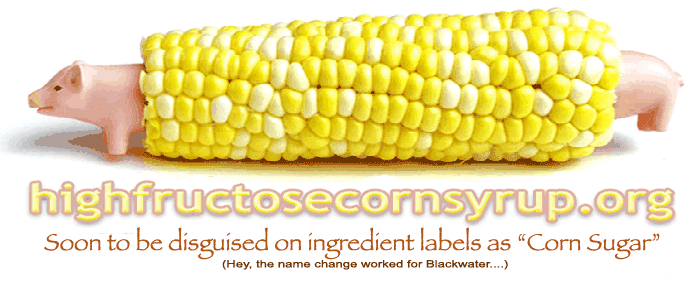 W. Mark Lanier, the Houston attorney renowned for securing trial verdicts amounting to hundreds of millions of dollars, has joined the legal team trying to stop the false advertising of high-fructose-corn-syrup (HFCS) as a natural product equivalent to real sugar, the Sugar Assn announced.
W. Mark Lanier, the Houston attorney renowned for securing trial verdicts amounting to hundreds of millions of dollars, has joined the legal team trying to stop the false advertising of high-fructose-corn-syrup (HFCS) as a natural product equivalent to real sugar, the Sugar Assn announced.Lanier's involvement in the case follows U.S. District Court for the Central District of California Judge Consuelo Marshall's rejection of the Corn Refiners Assn's request that the suit be dismissed, noting that Corn Refiners Association's multi-million dollar advertising campaign about HFCS constitutes "commercial speech."
Recognized as one of America's "Most Influential Lawyers" and one of the country's top trial attorneys by The National Law Journal, Lanier's past successes include victories in major asbestos and business fraud cases, including winning a $417 million judgment in Rubicon v. Amoco. Lanier's work securing a $253 million victory in the first lawsuit brought against Merck for its Vioxx painkiller is the subject of the recent book "All The Justice Money Can Buy."
Read More
















































